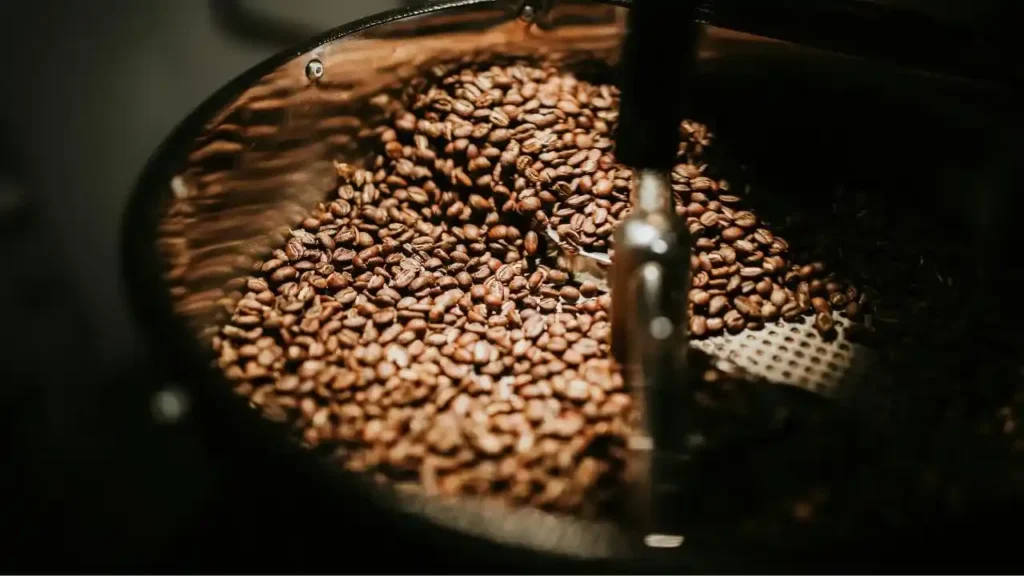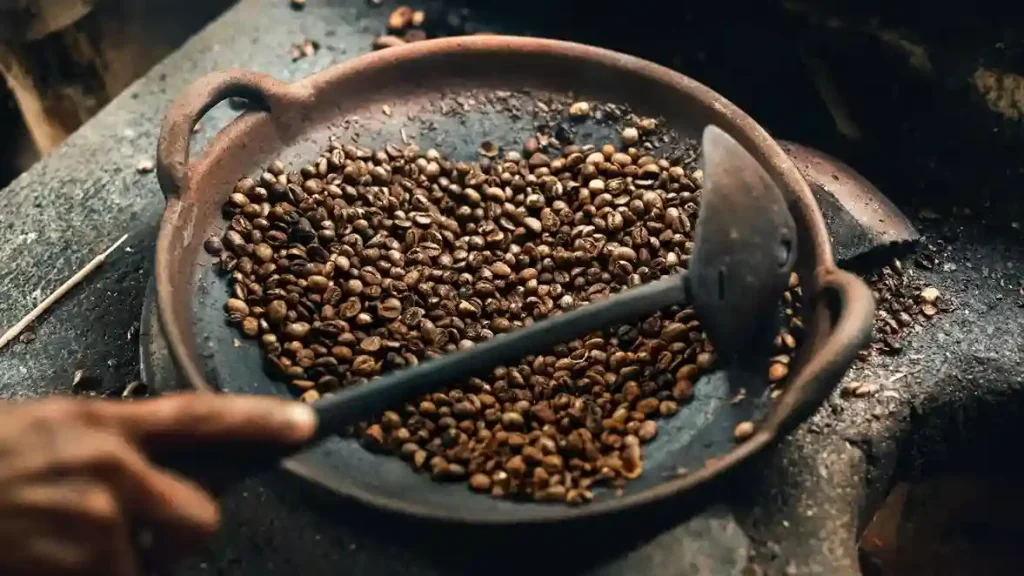In the world of coffee, the term “specialty coffee” is often used to denote high-quality beans and exceptional flavor profiles. But what exactly sets specialty coffee apart from other types? Understanding the criteria and characteristics that define specialty coffee can enhance your appreciation of this premium brew. In this guide, we’ll explore what makes coffee specialty, the key factors involved in its production, and how you can identify and enjoy high-quality specialty coffee.
Defining Specialty Coffee
Specialty coffee refers to beans that have been carefully cultivated, processed, and evaluated to meet high standards of quality and flavor. According to the Specialty Coffee Association (SCA), specialty coffee is rated 80 points or higher on a 100-point scale by certified coffee tasters, known as Q graders. These beans are distinguished by their unique characteristics, complex flavors, and overall excellence.
Key Characteristics of Specialty Coffee
- Unique Flavor Profiles: Specialty coffee beans are known for their distinct and complex flavors, which can include a range of notes such as fruity, floral, nutty, or chocolatey.
- High Quality: The beans used in specialty coffee are typically of the highest quality, carefully selected to meet stringent criteria.
- Traceability: Specialty coffee often comes with detailed information about its origin, including the specific region, farm, and processing methods.
Factors Contributing to Specialty Coffee
1. Coffee Bean Variety
The variety of coffee beans plays a significant role in defining specialty coffee. Certain varieties, such as Arabica and some unique heirloom varieties, are known for their superior flavor profiles. Specialty coffee often features rare or distinctive varieties that offer unique tasting notes.
2. Growing Conditions
The environment in which coffee is grown has a profound impact on its quality. Specialty coffee is typically sourced from regions with optimal growing conditions, including:
- Altitude: Higher elevations often produce beans with more complex flavors and greater acidity.
- Climate: Consistent rainfall, temperature, and sunlight contribute to the development of high-quality beans.
3. Processing Methods
The processing method used to prepare coffee beans can greatly affect their flavor. Specialty coffee often involves meticulous processing techniques, including:
- Washed Process: Beans are fermented and washed to remove the mucilage, resulting in a cleaner, brighter flavor.
- Natural Process: Beans are dried inside the fruit, which imparts a fuller, fruitier flavor.
- Honey Process: A hybrid method where beans are partially dried with the mucilage intact, offering a balanced flavor profile.
4. Roasting
Roasting is a critical step in developing the flavors of specialty coffee. Specialty coffee is often roasted with precision to highlight the beans’ unique characteristics. Roasters use techniques such as:
- Light Roasting: Preserves the original flavors and aromas of the beans.
- Medium Roasting: Balances flavor and acidity, highlighting a broader range of taste notes.
- Dark Roasting: Enhances the body and develops deeper, richer flavors, though it may mask some of the beans’ original characteristics.
5. Cupping and Scoring
Specialty coffee is evaluated through a process known as cupping, where experts assess the coffee’s aroma, flavor, acidity, body, and aftertaste. Beans must score 80 points or higher on a 100-point scale to be classified as specialty. This rigorous evaluation ensures that only the highest quality beans make it to the specialty market.
Identifying Quality Specialty Coffee
1. Look for Certification
Specialty coffee is often certified by organizations such as the Specialty Coffee Association (SCA) or third-party certifiers. Look for certifications and detailed information about the coffee’s origin and processing.
2. Check for Transparency
Quality specialty coffee will provide transparency about its sourcing, including details about the farm, region, and processing methods. This information helps you understand the coffee’s background and quality.
3. Taste and Aroma
Specialty coffee should have a distinct and complex flavor profile with a pleasant aroma. If the coffee is well-roasted, it will exhibit unique and enjoyable taste notes that reflect its origin and processing.
4. Freshness
Specialty coffee is best enjoyed fresh. Check the roast date on the packaging and try to consume the coffee within a few weeks of roasting to experience its full flavor potential.
Conclusion
Specialty coffee represents the pinnacle of quality and flavor in the coffee world. By understanding what makes coffee specialty—such as its bean variety, growing conditions, processing methods, and roasting—you can better appreciate and enjoy this exceptional brew. At BrewClan Coffee, we are dedicated to offering a range of high-quality specialty coffees that showcase the best of what this category has to offer. Explore our selection and discover the remarkable world of specialty coffee for yourself.



